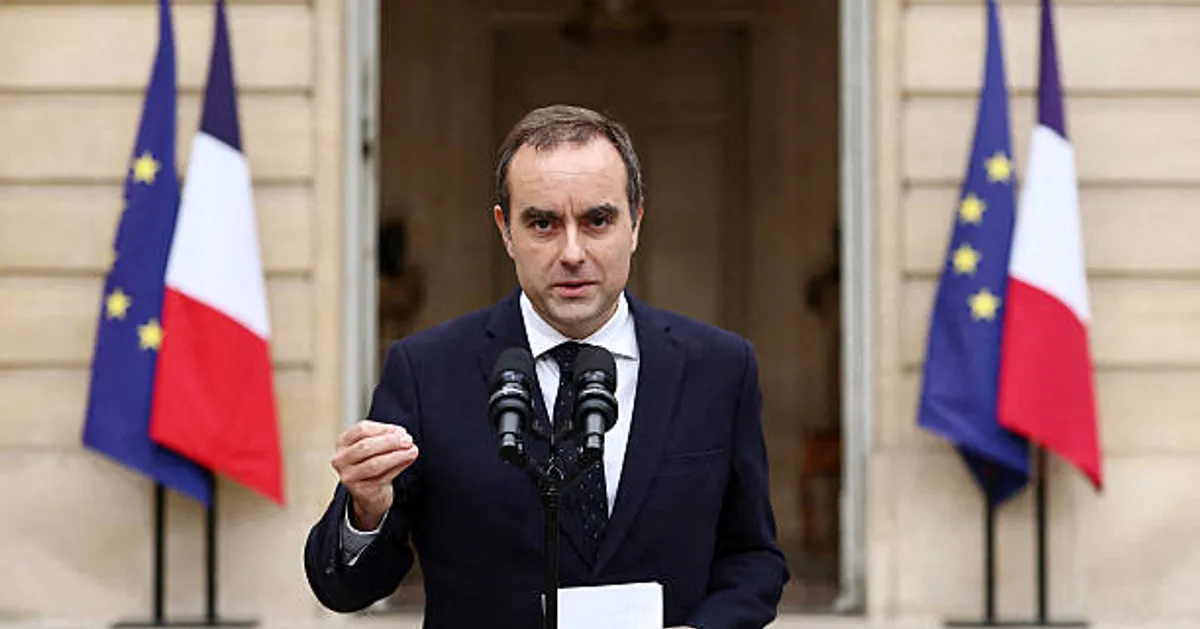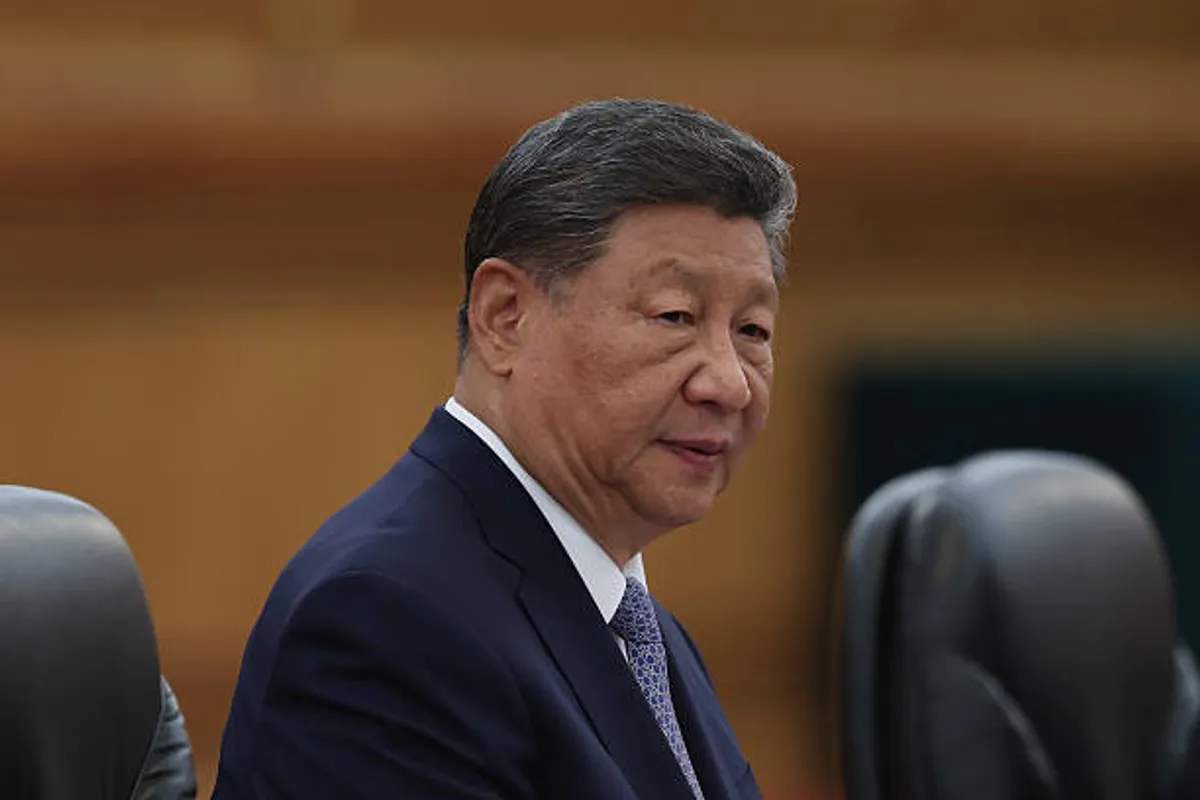
Macron Reappoints Lecornu as France’s Prime Minister

GeokHub
Contributing Writer
PARIS, Oct. 10, 2025 — In a dramatic political twist, French President Emmanuel Macron has reappointed Sébastien Lecornu as Prime Minister, just days after his surprise resignation threw France’s government into uncertainty. The move, which comes amid tense negotiations with party leaders, signals Macron’s decision to bet on stability over experimentation.
The announcement was made following an emergency meeting at the Élysée Palace, where Macron finalized his decision after consulting with coalition heads and senior advisers. Lecornu, 39, had previously resigned due to what aides described as “strategic disagreements” over cabinet formation. However, mounting budgetary deadlines and political divisions appear to have prompted Macron to restore him to office.
Reappointing Lecornu underscores Macron’s focus on continuity, especially with the 2026 national budget deadline looming. France’s National Assembly remains sharply divided, forcing the president to navigate between centrist allies, conservatives, and the socialist opposition. By reinstating a familiar and experienced figure, Macron hopes to project steadiness amid growing public frustration with government paralysis.
Lecornu, a longtime Macron ally and former defense minister, is seen as pragmatic and skilled at managing institutional crises. His challenge now will be to build consensus across an increasingly polarized political spectrum while advancing Macron’s economic and energy reform agenda.
Reaction from opposition parties was swift and mixed. The conservative Les Républicains cautiously welcomed Lecornu’s return, calling it “a pragmatic step in a time of instability.” Meanwhile, the left-wing La France Insoumise blasted the decision, labeling it “a political replay that offers nothing new for the French people.”
Political analysts note that Macron’s decision reflects both the limited options available and his strategic calculation to avoid triggering a new government crisis or early elections. “Reappointing Lecornu buys Macron time,” said political commentator Claire Dubois. “But it also highlights the deep fractures in France’s political system.”
Lecornu’s reinstatement comes at a sensitive moment for France’s economy and its standing in the European Union. France is under pressure to meet EU budget targets while balancing domestic demands for increased spending on welfare and defense. Brussels officials have privately expressed concern that prolonged political instability in Paris could hinder Europe’s broader fiscal coordination.
For now, Macron and Lecornu will need to convince both parliament and the public that their renewed partnership can deliver effective governance in the face of inflation, social unrest, and waning confidence.












































































